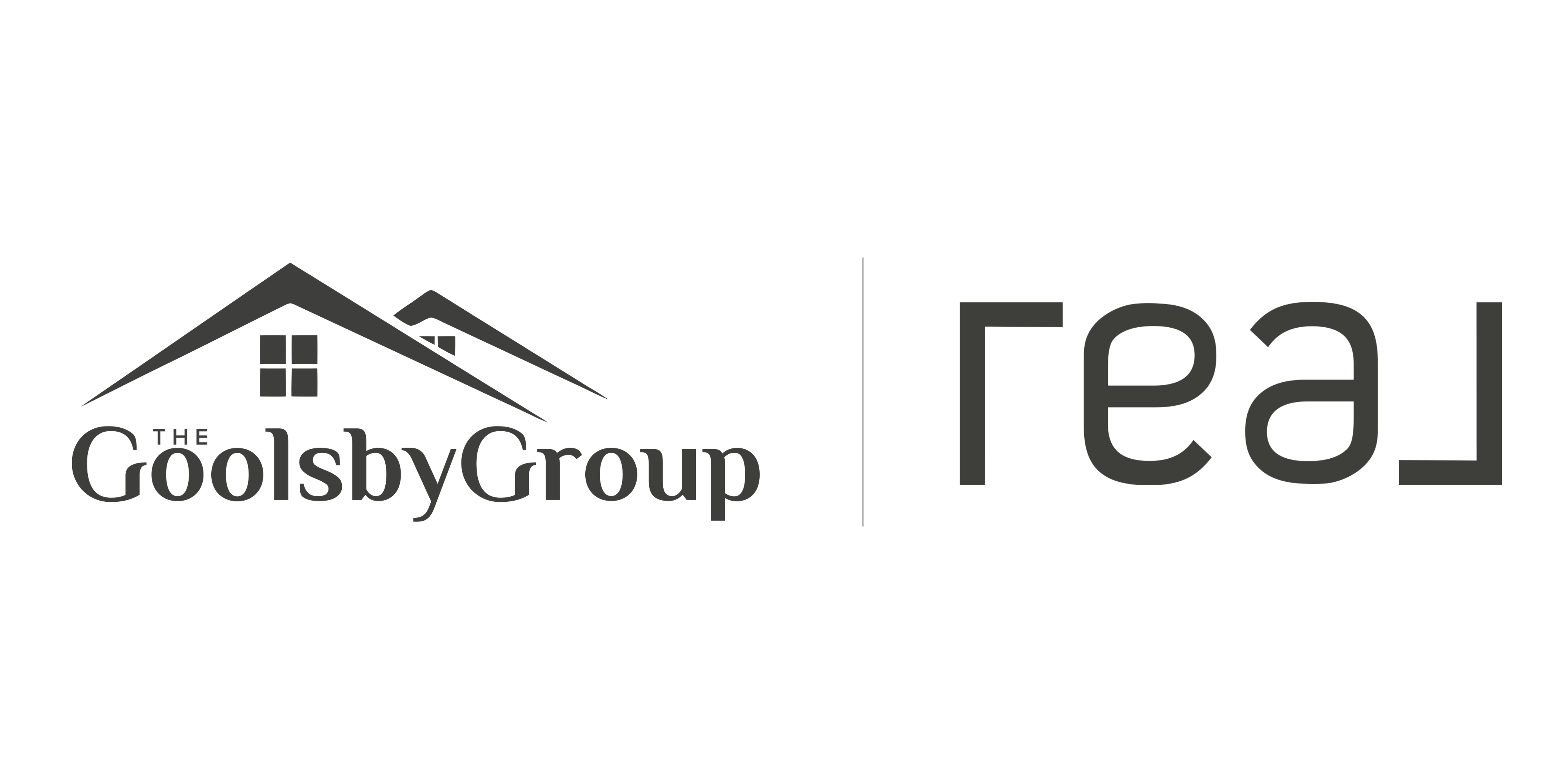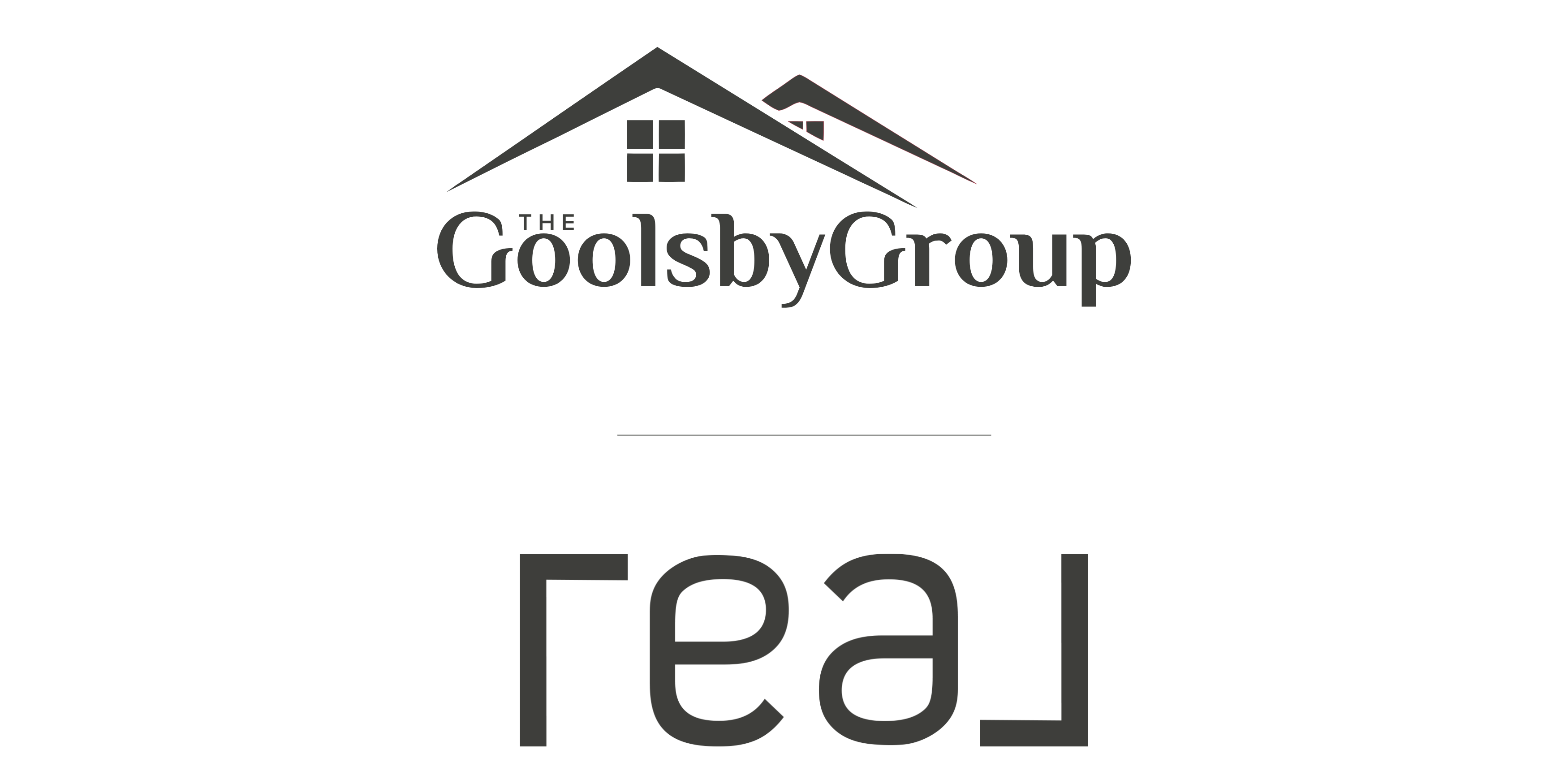Have You Saved Enough for Closing Costs?
There are many potential homebuyers, even sellers, who believe they need at least a 20% down payment in order to buy/move on to their next home. However, this myth has proven to be untrue for there are a number of loan programs which allow you to put down as little as 3% (or even 0% with a VA loan).
If you have saved up and have your down payment covered, one other crucial piece of the puzzle is saving for closing costs.
The mortgage loan company, Freddie Mac, defines closing costs in the following manner:
“Closing costs, also called settlement fees, will need to be paid when you obtain a mortgage. These are fees charged by people representing your purchase, including your lender, real estate agent, and other third parties involved in the transaction. Closing costs are typically between 2 and 5% of your purchase price.”
For the first-time homebuyers who were never informed by their agents, closing costs can sneak up and be higher than they expected. Conveniently, with a low down payment program, closing costs could equal the amount that had been saved for the down payment.
The following is a list of some of the fees/costs that could be included in your closing costs, depending on the location of the home:
- Survey fees
- Attorney fees
- Appraisal fees
- Tax service fees
- Credit report fees
- Underwriting fees
- Lender origination fees
- Government recording costs
- Title services (insurance, search fees)
Is there any way to avoid paying closing costs?
It's important to speak with your lender and real estate agent to see if there are any ways to decrease or defer closing costs. There are no-closing mortgages available, (but we don't recommend them). Typically they end up costing more in the end, with a higher interest rate, or by wrapping the closing costs into the total cost of the mortgage (which means you’ll end up paying interest on your closing costs).
Therefore, in order to be sure of your potential closing costs, speak with your lender and agent early in the process, and continue discussions throughout the transaction. Finding out you’re responsible for coming up with thousands of dollars right before closing won't be fun for anyone.
.png)
.png)

